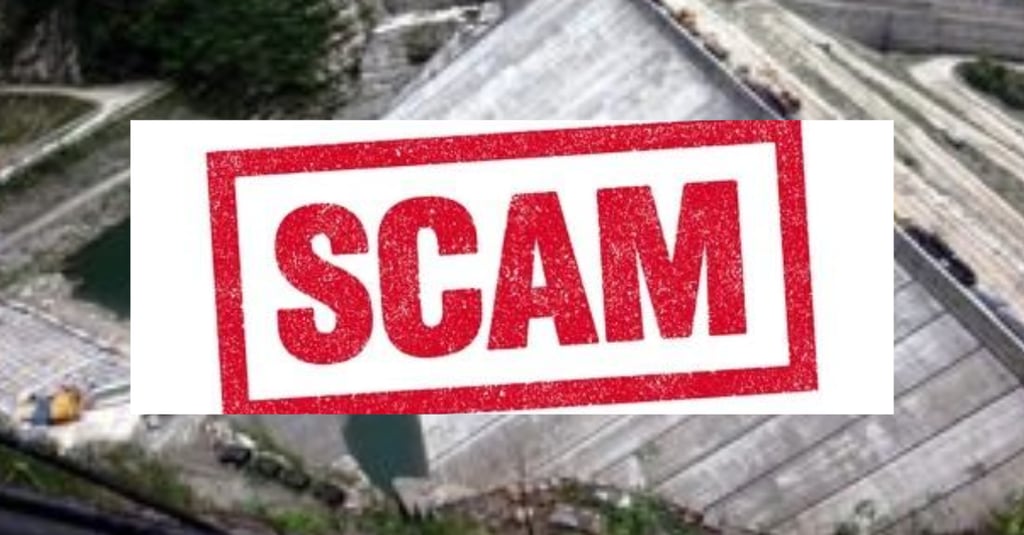Massive scam uncovered in Teesta Stage III Hydro Project; Vigilance Police launch countrywide crackdown
The next phase of the investigation will focus on whether these officials received illegal benefits in the form of cash, expensive goods, properties, or other valuables.
LOCAL


The Sikkim Vigilance Police (SVP) has launched a major investigation into one of the biggest corruption cases in the state’s recent history, involving the 1200 MW Teesta Stage III Hydro-Electric Project in Chungthang, North Sikkim. The project, once considered a landmark energy initiative, is now at the centre of serious allegations of fraud, corruption, and criminal misconduct.
The investigation began after an FIR was filed at the SVP Police Station on May 18, 2025. The complaint named several high-ranking officials, including former Principal Chief Engineers-cum-Secretaries of the Energy & Power Department, ex-Chairmen and Managing Directors of Teesta Urja Ltd., contractors, unidentified officials of the Central Government, and other unknown public servants of the Government of Sikkim.
Following the FIR, SVP conducted simultaneous raids across five cities—Delhi, Hyderabad, Visakhapatnam, Siliguri, and Gangtok—on May 22, 23, and 24. These searches were carried out at the homes and offices of individuals connected to the development of the hydro-electric project.
During the raids, the police seized a large amount of evidence, including important documents, digital devices, foreign currency (mainly US dollars), property papers, bank records, and passports. Officials believe these materials will play a crucial role in proving large-scale corruption and wrongdoing by public officials and developers.
Initial findings suggest that certain top government officials acted with hidden motives and deliberately ignored transparency and proper procedures when selecting the Independent Power Producer (IPP) for the project. According to SVP, a non-qualified in-house consortium was favoured, even though it did not meet the necessary standards in terms of technical expertise, financial background, or managerial experience required for a project of such massive scale.
The officials and developers are accused of staging a well-planned deception to make their consortium look like a legitimate and qualified IPP. Investigations also reveal that during the actual construction of the project, Teesta Urja Ltd.—the Special Purpose Vehicle (SPV) created for the task—violated several terms of its agreement with the government.
They not only misled officials to cover up their wrongdoings but also compromised key design aspects of the dam. These actions, according to investigators, may have contributed to the dam’s failure, including its eventual collapse.
Further enquiries have exposed the involvement of officials from the Energy and Power Department during the project’s execution. There is also growing suspicion about the role of certain Central Government department officials who may have helped fast-track illegal approvals.
It is feared that many of these favours were granted in return for bribes. The SVP suspects that retired officials of the Energy and Power Department were hired as consultants to help channel illegal payments disguised as service fees and consultancy charges.
The next phase of the investigation will focus on whether these officials received illegal benefits in the form of cash, expensive goods, properties, or other valuables. Investigators are also looking into possible efforts to hide the origin of this money, which could point to more serious financial crimes such as money laundering.
The SVP plans to dig deeper into how this network of corruption operated—how permissions were fast-tracked, laws were bypassed, and profits were illegally made. They are also tracking assets and properties acquired with the suspected “Proceeds of Crime.” Any properties or businesses held by the accused or their family members will be closely examined to trace the flow of illegal money.
10:45 PM
